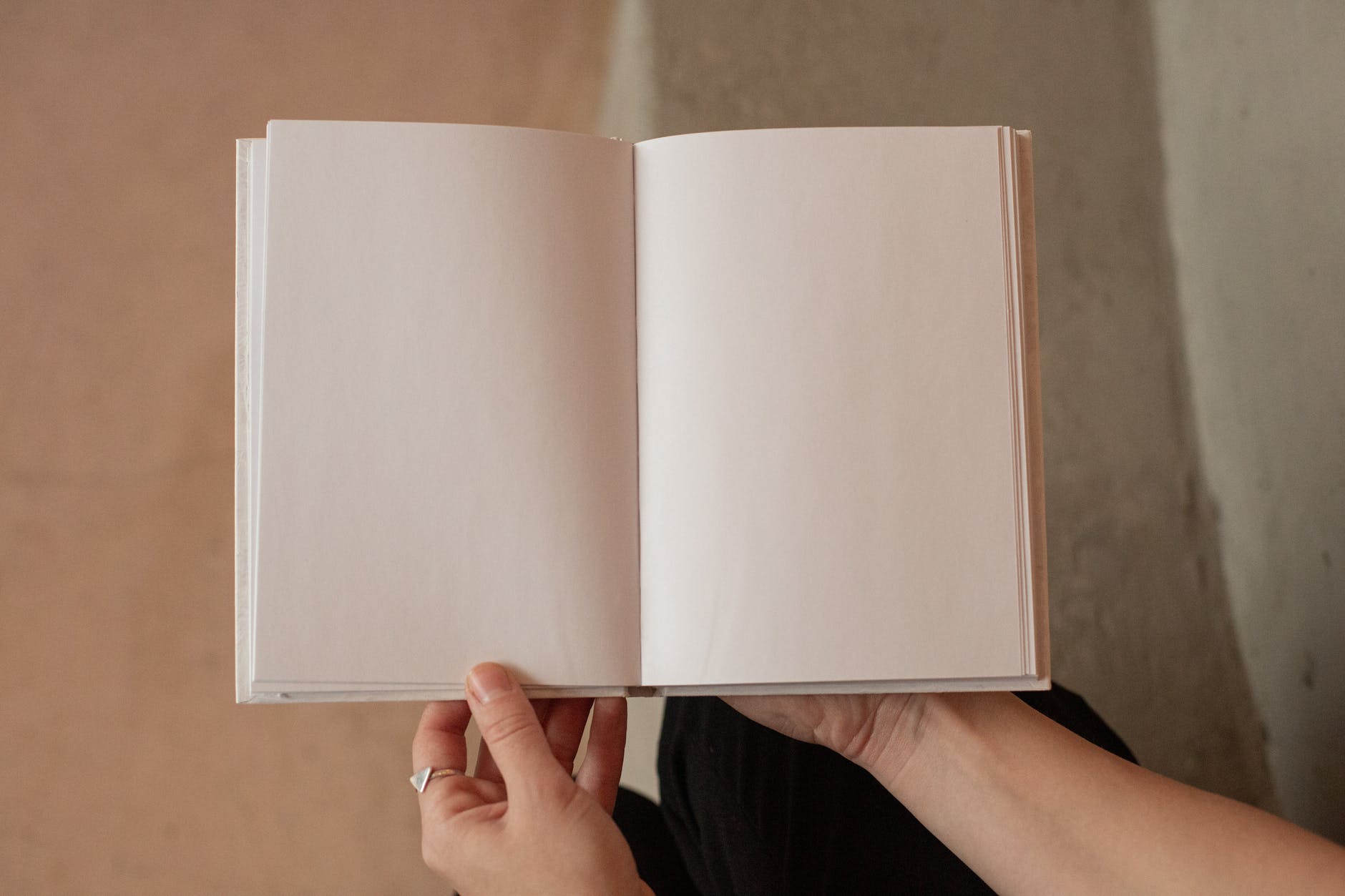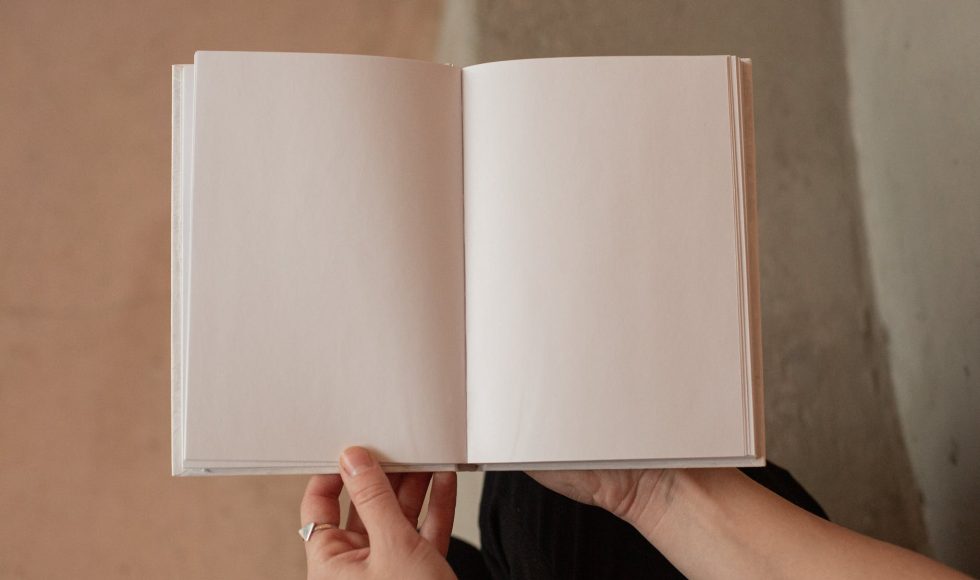Tonight we watched the Open Ed 2021 session entitled “Building Awareness of Open Pedagogical Practices to Advance the Cause of Openness On Your Campus” by Kristina M. De Voe from Temple University. De Voe is an English and Communication Librarian. De Voe also leads the open education group and manages the textbook affordability project. Citing Elder 2019, open pedagogy was defined as “a series of practices which involve engaging students in a course through the development, adaptation, or use of open educational resources.”However, De Voe mentioned the definition is evolving. Citing Bali 2017, De Voe emphasizes that open pedagogy asks not what you teach with, but how you teach and “a person who teaches and makes much of what they do open.” Croning 2018 describes open pedagogy as “practices employing social and participatory technologies for interaction, peer-learning, knowledge creation and sharing, and empowerment of learners.” De Voe joined together several definitions from Bali, Cronin, and Jhangiani 2020 to highlight the typology of practices ranging from content-centric to process-centric, then from teacher-centric to learner-centric, and finally from primarily pedagogical to primarily social justice focused. De Voe then spoke about reflective discovery, production and value, creating new knowledge, and ethical participation of information literacy. I appreciate how De Voe mentioned that the learner-centric nature produces some discomfort.
Critical information literacy encourages engagement with issues of the social construction of knowledge, intellectual property, copyright, privacy, and freedom of information, according to De Voe. Information literacy engages students in the creation of knowledge. However, De Voe listed some pitfalls and challenges required to “adequately scaffold learning experiences” because of the shift to guide on the side approach. Open pedagogical approaches may also be challenging to assess and students may also question how they are being assessed, explained De Voe. The benefits listed included affordability, promotion of academic freedom, and empowerment.
Renewable assignments were described as examples of assignments that are not “disposable” once completed and graded. Renewable assignments, according to De Voe, “challenge the notion that students must consume knowledge… and encourage them to contribute to the larger knowledge commons.” Wiley and Hilton 2018 were cited for their examples of renewable assignments and the options available. Student-composed glossaries and bibliographies, student-created learning objects (question banks, tutorials, podcasts, videos, study guides), and student-curated exhibits were among the examples of renewable assignments. I like how student-curated exhibits were explained as examples of producing public-facing outputs. Several other examples were provided. While I had considered the addition of translations to Wikipedia articles, I had not thought about the addition of references or images. De Voe shared the Toolkit for Subject Librarians for OER creation: bit.ly/TAPtoolkit The resource includes reflective questions and is modular. This toolkit could be valuable to RLOE participants with roles that help support instructors. This session had history and definitions about open pedagogy and information literacy that I am glad I learned about here. Further, several examples of renewable assignments were listed and described.



